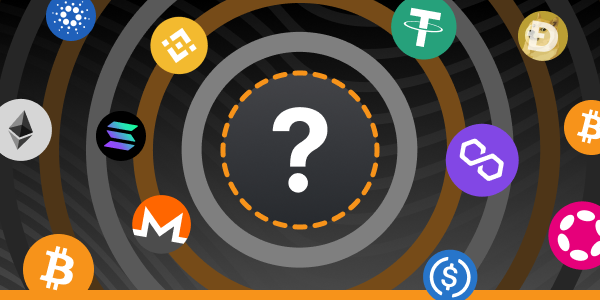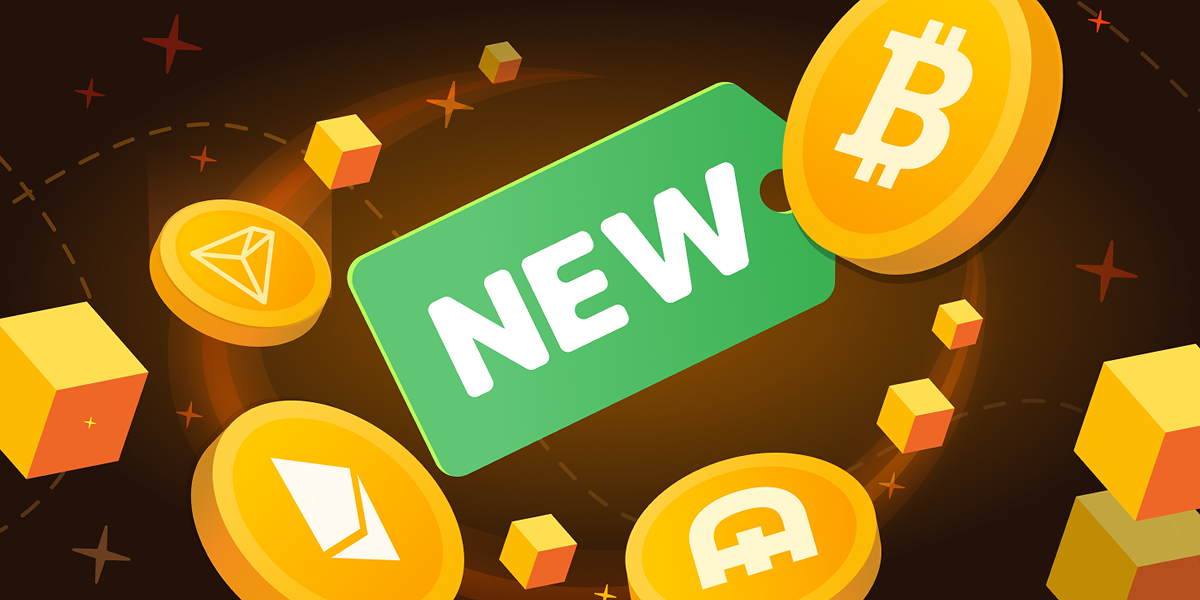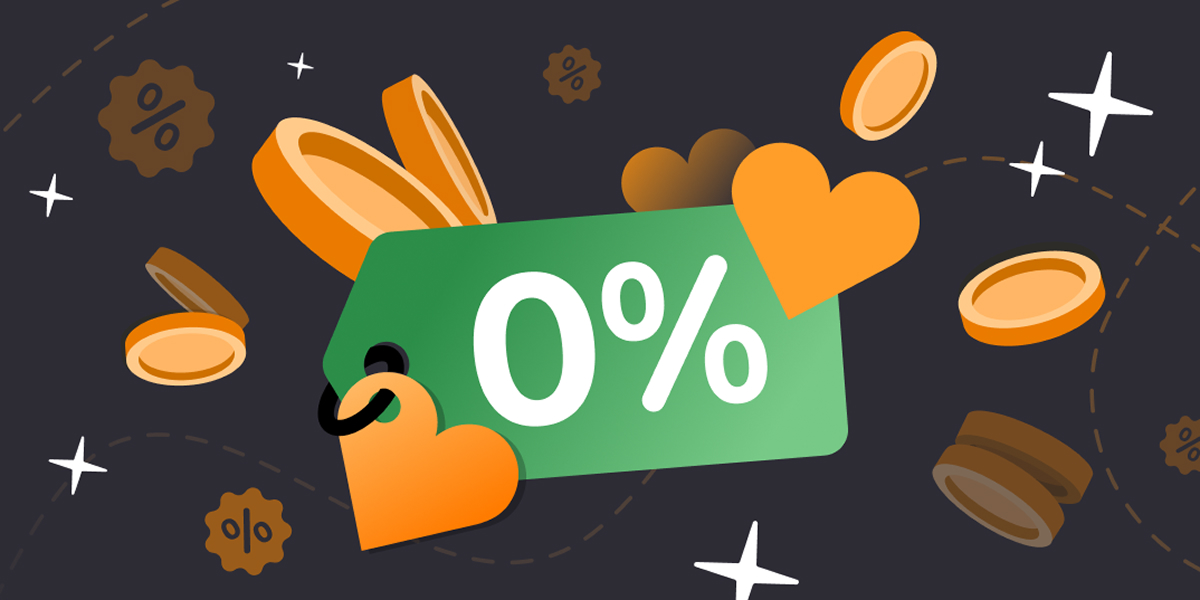NC Wallet News
View allCrypto Starter Pack
What is Cryptocurrency?

Our crypto spaceship is about to take flight. Welcome on board! Let’s start our journey by learning the basics: what is cryptocurrency and how it works.
Cryptocurrency is a form of virtual assets that can be used over the Internet. These assets can be sent, received, or exchanged with the help of innovative technology that is called a blockchain. Blockchain is a network of computers that provides online transactions with these “virtual currencies” directly from one user to another, without banks or any other financial institution being involved.
Who and when invented it?
You’ve definitely heard about Bitcoin or BTC. BTC is the most widely-known cryptocurrency and it was the first one. The Bitcoin blockchain and cryptocurrency were launched in 2009 by Satoshi Nakomoto. The history of crypto began when the first block was mined. Since then, thousands of alternative coins have emerged, and the Bitcoin price has increased from 0 to several thousand dollars.
Now there are more than 20,000 different cryptocurrencies. Here are the most popular:


How does cryptocurrency work?
In the world of physical (fiat) money, payments are usually processed by some centralised third party. Cryptocurrency transactions work differently — such intermediaries are not needed. Blockchain participants add and verify transactions themselves with the help of complex algorithms and cryptography. Not all the participants are involved in this process but anyone can become a part of it. Such “decentralisation” makes cryptocurrency transactions more transparent and independent. Managing crypto assets does not require the use of a bank or any other financial system services. Easily keep, exchange, and send them to the other side of the world. All you need is a secured crypto wallet.

Are there any other benefits of crypto?
There are a number of them! Let’s sum up all the advantages of crypto transactions:
-
Fast
Blockchain can process thousands of transactions per second. -
Secure
Firstly, blockchain networks are extremely difficult to hack. Secondly, you can worry less about your personal data. Crypto transactions can be anonymous and to access your virtual funds you need just your private key. -
Lower fees
Sending cryptocurrencies between users from different countries is more accessible compared to fiat because it doesn’t involve extra payments for foreign transactions. For example, the fee for any MATIC transaction is less than a cent regardless of the amount or where the sender or receiver is located. -
Independent
Сrypto payments are decentralised and don't depend on any country, company, or person. -
Transparent
All transactions in public blockchains are recorded and available to track, but at the same time, existing records cannot be changed by anyone. -
Accessible
All you need to start with crypto is a computer or phone and the Internet.
Now that you know all the benefits of crypto and are well-equipped with the innovative NC Wallet, you can take your first steps into the crypto universe.
 NC WALLET
NC WALLET

Recently Added

Exchange crypto without fees

4 more coins on Binance network


 en
en de
de
 fr
fr
 es
es
 it
it
 ru
ru
 pt
pt